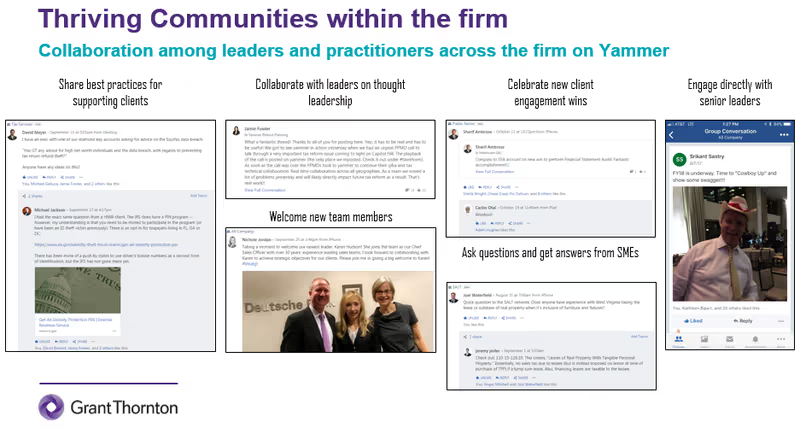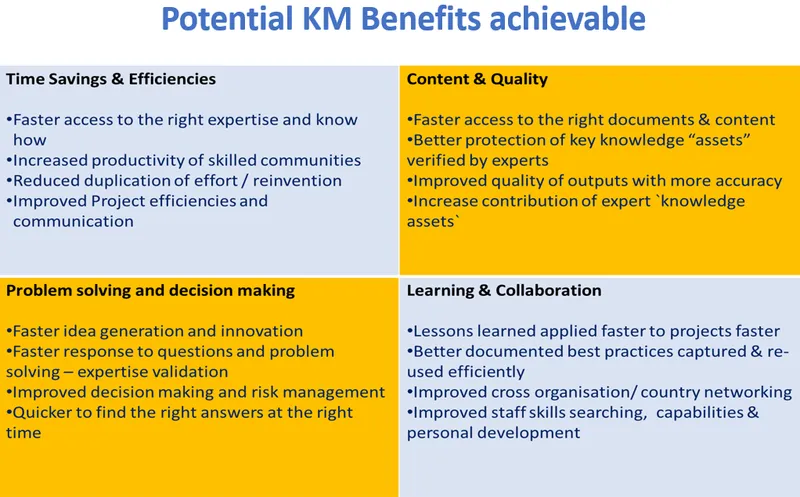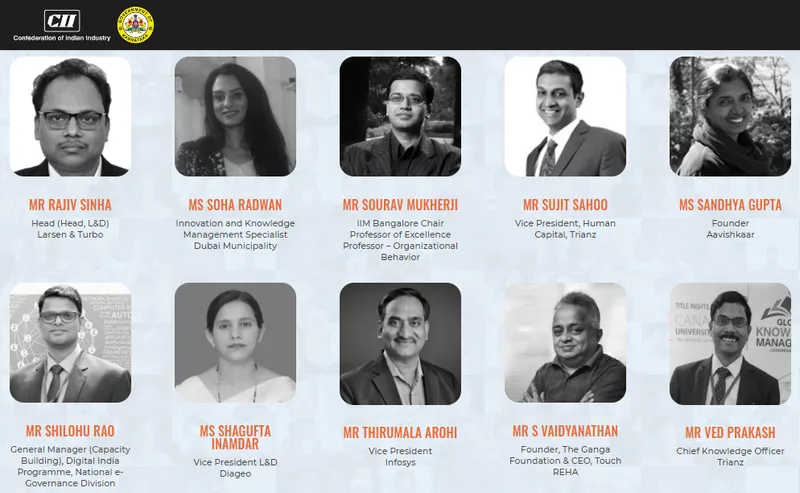Methodologies and metrics: Bangalore K-Community meetup addresses case studies and impacts of knowledge management
Speakers at the Bangalore K-Community meetup share insights on organisational learning, knowledge management impacts, and ecosystem trends.
The Bangalore K-Community is a group of professionals in knowledge management (KM) who meet regularly to discuss case studies, advances, and trends in the field.
The recent meetup on Case Studies and Expert Insights featured the KM initiative at Grant Thornton, author insights on business impacts, and an update on the CII Global Knowledge Summit.
The virtual event was hosted by Prof. Molly Chaudhuri, Director at Manel Srinivas Nayak Institute of Management. As moderator, here are my takeaways from the wide-ranging and informative discussions.
As media partner for the annual CII Global Knowledge Summit, see YourStory’s coverage of the editions from 2021, 2020, and 2019, and sessions takeaways from the earlier Bangalore K-Community meetups on case studies (HGS, Unisys) and Work From Home.
See also our profiles of the Most Innovative Knowledge Enterprise (MIKE) award winners: Dubai Municipality, EY, Tata Steel, Cognizant Technology Solutions, Afcons Infrastructure, Petroleum Development Oman, BINUS University (Indonesia), and Mobarakeh Steel Company (Iran).
Case study: KM at Grant Thornton
Balaji Iyer presented the case study of knowledge management at Grant Thornton. Balaji heads the KM team at Grant Thornton INDUS and is part of the GT US National KM leadership team.
He has around 17 years of experience in global knowledge and digital content delivery. He showcased the company’s KM journey through four phases, business impacts, and tips for other KM professionals (see earlier interview here).
He also answered questions on KM in a multi-generational workforce, articulation of benefits, and contribution to innovation.
“At Grant Thornton, our approach is to be inclusive of users across the spectrum. We continuously engage in end-user research,” he explained. This helps understand what works for different user personas, including multi-generational user personas, and design knowledge products and flows that work across the spectrum.
‘Not losing functionality’ is a guiding principle, Balaji emphasised. “Also, we are learning that content needs to be made available in multiple formats and via multiple channels. We strive to learn from our ‘extreme users’ who challenge our thinking and help us make our solutions smarter and inclusive,” he described.

(Image courtesy Grant Thornton)
At a high level, the KM return on investment (RoI) approach is closely tied to business outcomes and metrics. “Our KM analytics programme helps us track input, output, and outcome metrics. The initial KM project qualifier toll gate helps us determine the potential business impact of new KM projects and helps us decide on the go or no go,” Balaji explained.
The KM team works closely with sponsors from the business and finance organisation to articulate KM impacts. “Impacts are to the top line, such as business growth through new wins, and bottom line, via effort and cost reduction,” he added.
KM at Grant Thornton is part of the larger enterprise transformation group, which drives the innovation agenda. “The approach to innovation is inclusive and requires the entire firm to buy into the future state vision and develop mindsets and skillsets to be future-ready,” Balaji said.
It plays an important role in helping make the enterprise transformation vision and resources available firm-wide. “KM helps optimise knowledge flows for innovation to organically emerge from the ranks. It also creates and nurtures communities around innovation,” he summed up.
Business impacts of KM
Hank Malik presented the second session on the business contributions of KM. He is the co-author (with Jordan Richards) of the publication Knowledge Management: A primer and catalyst to support Digital Transformation (see my review and author interview). He has also contributed to the KM Cookbook (2019) and Knowledge Manager`s Handbook (2020 edition – see my book review).
Hank explained that a baseline assessment should be conducted early, and KM scope and business objectives should be identified with key stakeholders. KM-related projects include portals, communities of practice, after-action review systems, and digital transformation.
“I would say not less than three years is needed for a full KM rollout to be embedded and for truly effective results to be delivered. KM must be supported for the long haul,” he affirmed.

(Image courtesy Hank Malik)
“Ideally, a five-year roadmap should be produced with key stage-gate reviews and assessments on an annual basis,” Hank added. He described a range of process and outcome measures at the level of individuals (e.g, information sharing, better decisions), group (community contributions, cost savings), and company (captured lessons, increased revenue).
“The use of KM SMEs, who ideally have some expertise in benefits realisation and financial performance management, can help in the assessment process,” Hank advised. Some measures are quantitative while others are qualitative; some indicate direct benefits, others reflect indirect impacts.
At the individual level, assessments could be for an employee’s personal development and performance management domains, he added. These could include contribution to expertise locators, communities of practice, lessons learned, and other knowledge assets.
A range of organisations such as IBM, Ford, Schlumberger, AT&T, and Petroleum Development Oman have benefited from KM, Hank summed up.
CII Knowledge Summit
The meetup ended with a discussion on themes for CII’s Global Virtual Knowledge Summit 2021. The recent two editions are entirely virtual events due to the pandemic.
The 2021 theme — Transforming Knowledge Management for Hybrid Learning and Hybrid Workplaces — is conveyed through a series of keynotes, panels, and fireside chats, said Gopichand Katragadda, Chairman, Global Knowledge Summit 2021, and Founder and CEO at Myelin Foundry.

KM is being fortified through technology for corporate learning, upskilling, design thinking, automation/AI, and business communication frameworks like storytelling, conversations, and gamification.
Future sessions of the Bangalore K-Community will feature more case studies of KM, workplace communication, and emerging technologies.
Edited by Suman Singh




![[Year in Review 2020] Here are the Top 5 Pivot and Persist stories about startups that changed their business models amidst COVID-19](https://images.yourstory.com/cs/2/fd6b2ee0c6f411e8af1c974e95f3b2db/shutterstock1207152979-1590084243782.jpg?fm=png&auto=format&h=100&w=100&crop=entropy&fit=crop)





